Small towns can have a reputation for being cliquish or prejudiced, but it wasn’t my experience growing up. Southbridge was a New England town of 18,000, predominantly French, with a good representation of Italians, Irish, Polish, and later, Spanish residents. My French grandmother (Memere), who had been born the oldest of 21 children in Quebec, would later move with her husband to the U. S. There they would raise a family of six, including my mom, most of whom only spoke French until they went to school.
My Dad’s parents came from Italy to start a new life in America, where they met, married and raised their children in a six-family house, with four of the apartments rented to other family members. It was like growing up in a ‘little Italy’ where we heard lots of broken English.
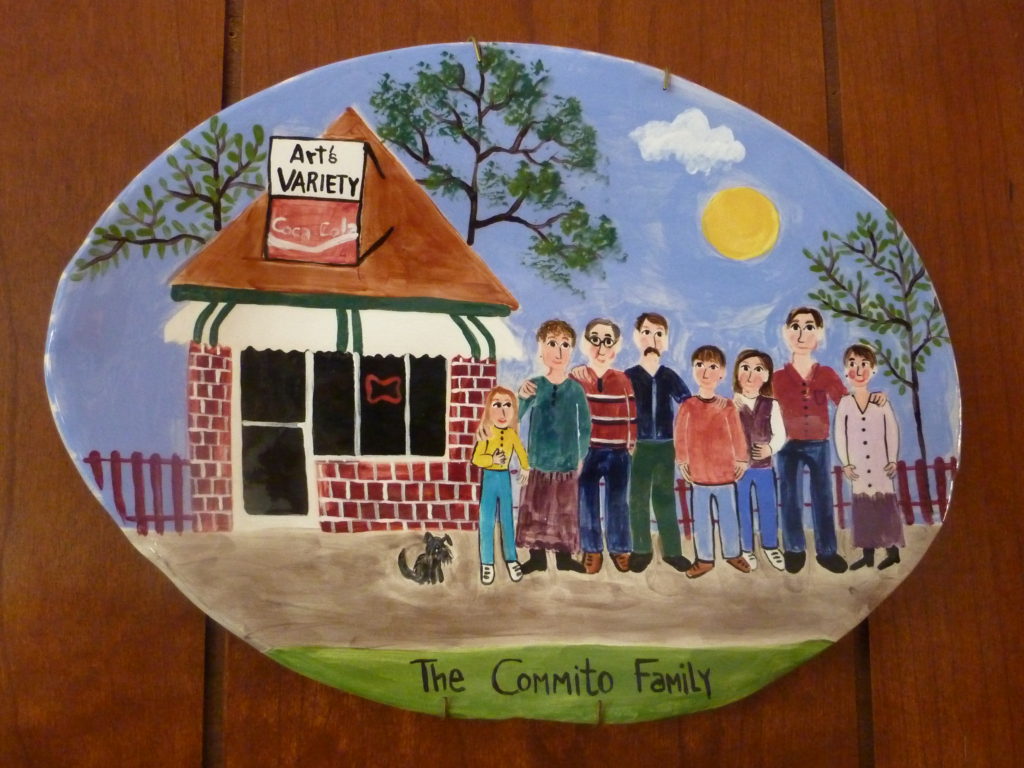
When I was seven, my dad bought a “variety store” which became a gathering place for a variety of people. On any given day, the 8 stools at the counter could be occupied by construction workers, policemen, a mail carrier, dog catcher, or a housewife …. elbow to elbow sharing coffee and conversation.
I never experienced the kind of discord and prejudice that so many are being subjected to today. We got along, and although our separate Catholic high schools had a rivalry on the basketball court, when our schools merged, we never missed a beat . . . and became one team. And to this day, I have long-term friends from each of the schools.
Moving to Boston in my mid-twenties and then to London, I met and experienced a variety of different people and cultures. I will admit that I witnessed a few stereo-typical behaviors, but it was never enough to deter me from being open to engaging and learning from people.
But in today’s world, we are bombarded with the concept of “Other”. Interestingly, I recently went to a Ringling College campus tour of art projects and there was one on “Other-ing” – a word that I had not heard before. In my research, I learned that “Other-ing” could be about “age, sex, religion, gender, skin color or political affiliation”. It got me thinking.
Regarding age, I have always appreciated the age that I am and have had friends that were much younger and much older and it never mattered. It was easy to appreciate the things learned from all generations.
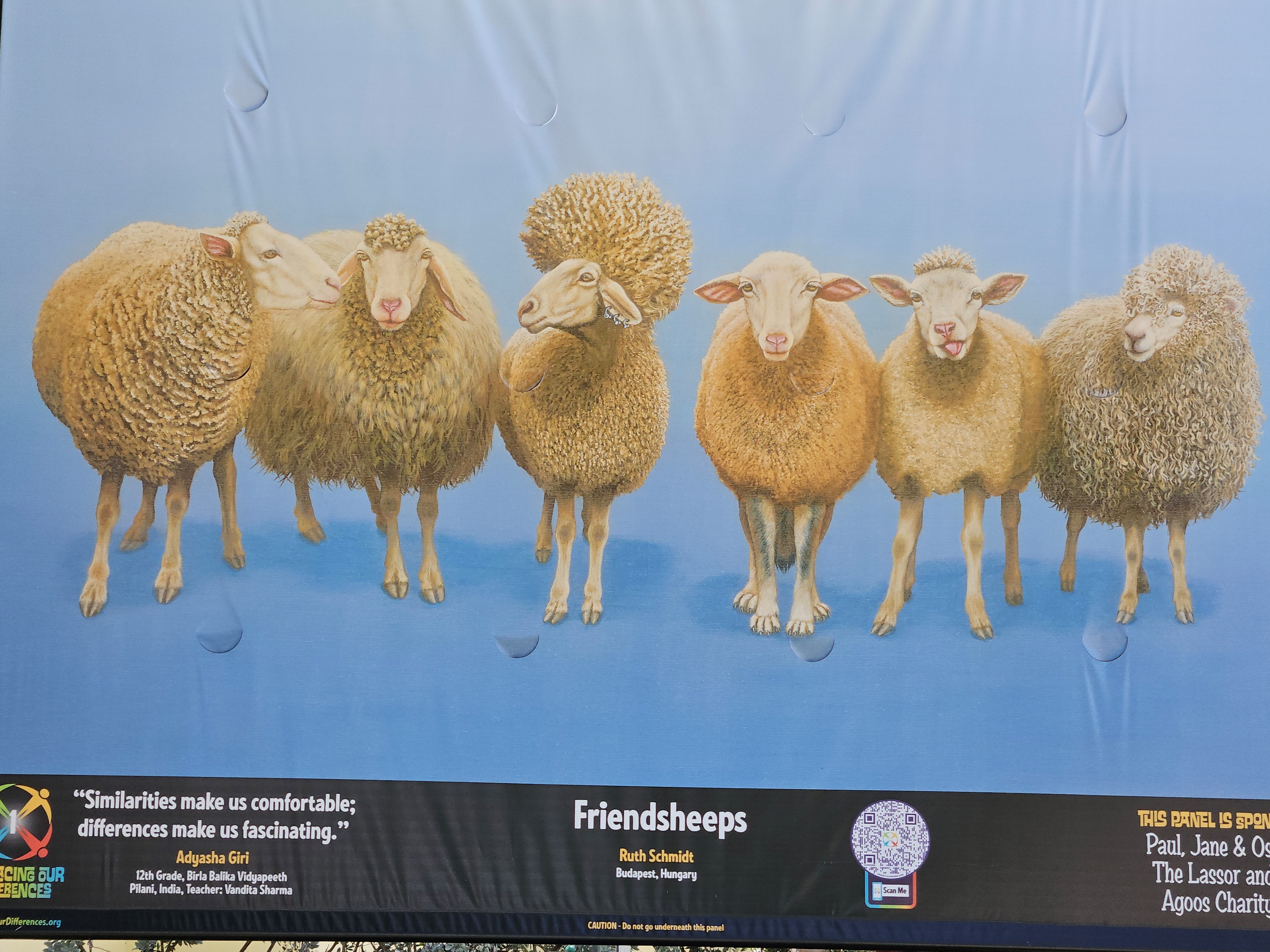
I’ve always been open to people of different nationalities and walks of life. In fact, when selling my well-loved home in Denver, I decided to have a party with several friends to say good-bye. There were fun conversations amongst an Irish dentist, a Jewish lawyer, a black cab driver, a Buddhist mailman, as well as friends from Germany, Norway, and Austria.
Growing up with two brothers, I’ve always had male, as well as female friends. What I find troubling though is why people feel that they can judge people’s relationships, whether it be in sexual preferences, color of skin, nationalities . . . Who has the right to tell anyone who they can love? I’ve always believed that what is important is not who you love, or how you love, but THAT you love!
There is an amazing organization in Sarasota, Fl. that totally gets it! Embracing Our Differences is an inspiring example of focusing on what makes people unique and special. They showcase quotes and art from children and adults in 125 countries and 44 states to celebrate the human spirit and what unites us rather than what separates us. They envision a world that embraces diversity and rejects hatred and prejudice, while promoting kindness and respect for all.
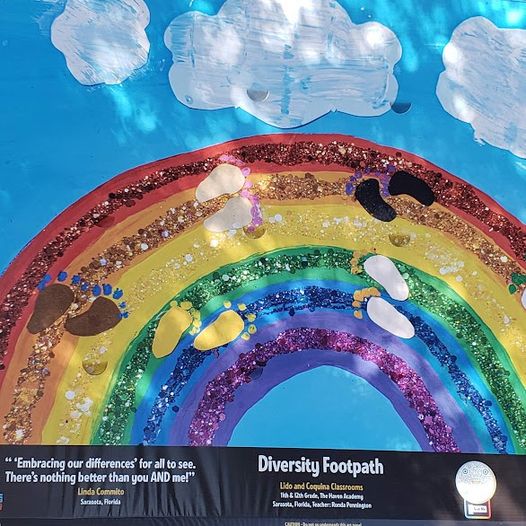
It’s hard to understand the division in this country and in the world. We have such a limited time on this planet. Why can’t we get along and make it the best experience that we can while we are here? What if we could learn to accept and appreciate one another . . . or at least to respect the rights of each person to find the love and connection that helps them to feel a part of this world? Life is hard. People are lonely and long to feel valued. Instead of focusing on what divides us and creates a sense of “other”, let’s celebrate our uniqueness and try to find what helps us to experience a sense of belonging. Hopefully, we can do what we can to ease the pain and increase the joy of what it is to be alive on this journey called LIFE.




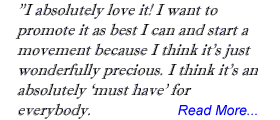
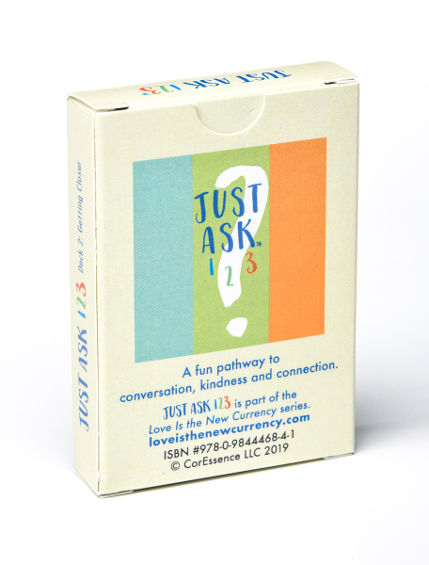
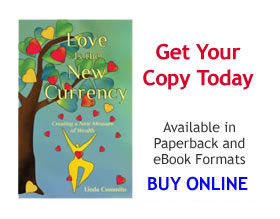

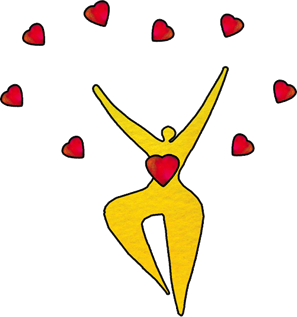
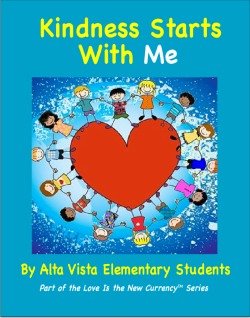
Speak Your Mind